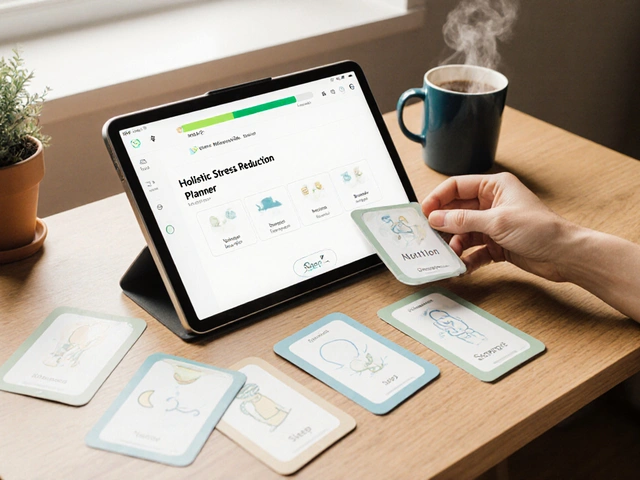Cold remedies that actually help—quick, safe steps
Got a runny nose, scratchy throat, or a cough that won’t quit? You don’t need fancy treatments to feel better fast. Use a few targeted steps now and you’ll often cut discomfort and speed recovery.
At-home steps that help right away
Rest and fluids first. Sleep more and drink warm liquids—tea, broth, or warm water with lemon—soothe the throat and loosen mucus. Hydration thins secretions so your body clears them faster.
Nasal saline rinse or spray works. A simple saline spray or a gentle rinse (neti pot or squeeze bottle) clears congestion without drugs. Use sterile or boiled-and-cooled water and follow instructions to avoid irritation.
Use a humidifier or take short steam sessions. Moist air eases congestion and sore throat. Keep the humidifier clean to avoid mold. For steam, lean over a bowl of hot water with a towel—don’t let kids do this alone to avoid burns.
Honey soothes coughs for adults and children over 1 year. A teaspoon of honey at bedtime often reduces coughing and helps sleep. Don’t give honey to babies under 12 months.
Try zinc lozenges early. Studies show zinc lozenges taken within 24 hours of symptoms may shorten a cold by a day or two. Follow the dose on the package and stop if you get a bad taste or stomach upset.
Over-the-counter relief: acetaminophen or ibuprofen eases fever and body aches. Decongestants (oral or nasal sprays) give short-term relief but use nasal sprays no more than 3 days to avoid rebound congestion. Skip decongestants if you have high blood pressure unless your doctor says it’s OK.
Guaifenesin (an expectorant) can help loosen phlegm. Cough suppressants may help at night but won’t speed recovery. Throat lozenges or warm saltwater gargles reduce throat pain and are safe for most adults.
When to see a doctor
See a clinician if you have trouble breathing, chest pain, persistent high fever, severe ear pain, or symptoms that worsen or last more than 10 days. Seek immediate care for infants under 3 months with a fever, or anyone with a weakened immune system.
Antibiotics won’t help a common cold. They’re for bacterial infections; most colds are viral. Your provider can check for complications like sinusitis or bronchitis and advise on treatments if needed.
Prevention matters: wash hands often, avoid close contact with sick people, and stay home while contagious. Simple hygiene cuts many colds before they start.
These steps are practical, low-risk, and you can start them today. If something feels off or the symptoms spike, get medical advice—better safe than sorry.
Aromatherapy for Cold and Flu: Natural Remedies to Try
When battling a cold or flu, aromatherapy can offer natural relief by leveraging the properties of essential oils. With the rise of natural healing practices, many people are turning to aromatherapy for comfort and recovery. Essential oils like eucalyptus and peppermint are popular for their ability to ease symptoms. This article explores practical ways to use these oils, from steamy showers to humidifier hacks. Discover how scents like lavender can help soothe symptoms and support relaxation.
View More





